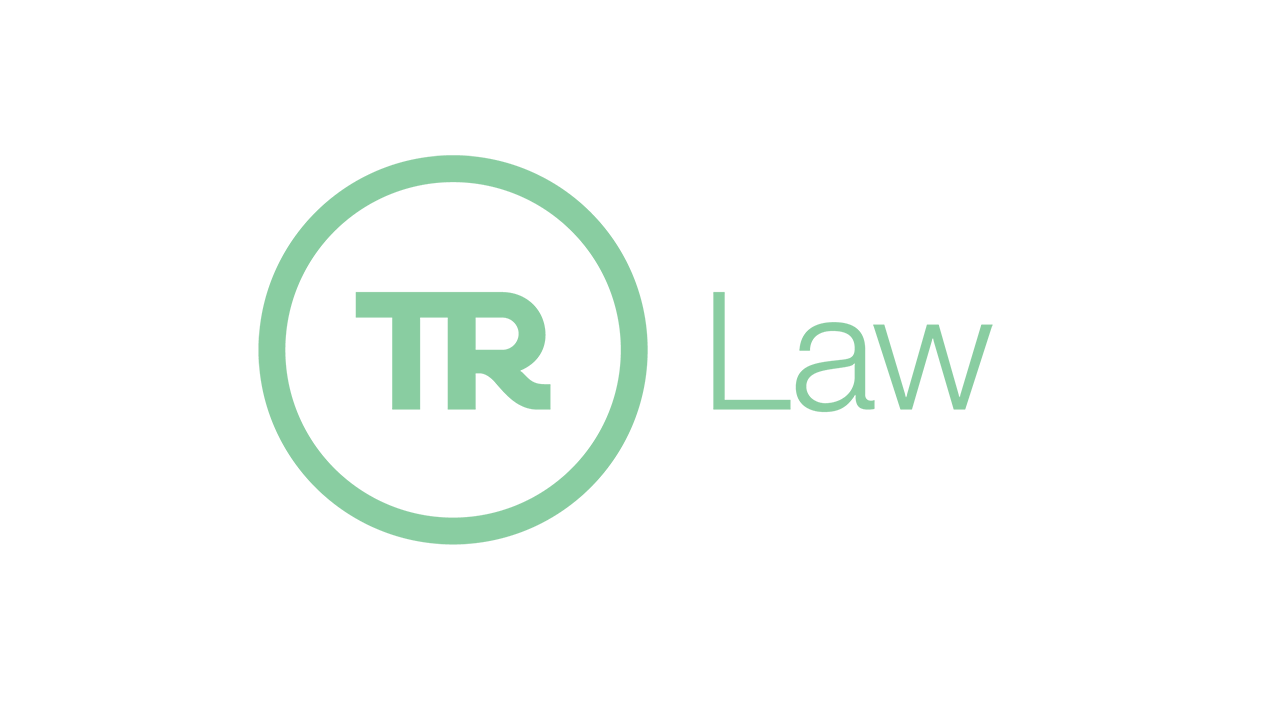FOR INSURERS, TIMING IS EVERYTHING: A COMMENTARY ON FERAWANA V STATE FARM FSCO A13-005319
Author(s):
September 13, 2017

For accident victims, the process of submitting treatment plans and waiting for an insurer’s response can be a source of frustration. Receiving a denial of a requested medical treatment or device by an auto insurer can often stall recovery and cause significant stress to the insured person.
Section 38 of the Statutory Accident Benefits Schedule, provides certain procedural requirements that auto insurers must follow when responding to an insured person’s request via a treatment plan.
In a recent FSCO decision, Ferawana v State Farm, the Arbitrator summarized the Section 38 requirements as follows:
Subsection 38(8) imposes four procedural requirements on insurance companies after an insured person makes a request for benefits in a treatment plan:
- An insurer must respond within 10 business days;
- It must say what it will pay;
- It must say what it will not pay; and,
- It must give medical and other reasons for not paying:
38(8) Within 10 business days after it receives the treatment and assessment plan, the insurer shall give the insured person a notice that identifies the goods, services, assessments and examinations described in the treatment and assessment plan that the insurer agrees to pay for, any the insurer does not agree to pay for and the medical reasons and all of the other reasons why the insurer considers any goods, services, assessments and examinations, or the proposed costs of them, not to be reasonable and necessary.
In Ferawana, the insurer faxed back a response with a box ticked indicating the treatment plan was denied but did not provide reasons for denying the plan until nearly 2 months later.
In making this finding, the Arbitrator explained that a breach of the 10 day deadline set out in Section 38 triggers mandatory payments provisions under subsection 38 (11)(2).
This Section 38 (11)(2) states:
38(11) If the insurer fails to give a notice in accordance with subsection (8) in connection with a treatment and assessment plan, the following rules apply:
- The insurer is prohibited from taking the position that the insured person has an impairment to which the Minor Injury Guideline applies.
- The insurer shall pay for all goods, services, assessments and examinations described in the treatment and assessment plan that relate to the period starting on the 11th business day after the day the insurer received the application and ending on the day the insurer gives a notice described in subsection (8).
The Arbitrator further found that as the payment provisions are mandatory, FSCO had no jurisdiction to carve out exceptions and uphold the insurer’s denial. As a result, should an insurer fail to properly follow the 4 requirements for notice in Section 38 within 10 days of receiving a treatment plan, the insured is entitled to mandatory payment of the goods and services requested so long as they relate to a period 11 days after the treatment plan was submitted.
This decision can be of some comfort to frustrated accident victims, as it holds the insurer to a standard of quick and timely responses to treatment plans.
Read article in PDF format: Accident Benefit Reporter Updater, Issue 40

If you have any questions, please contact personal injury lawyer Esther Roche at 416-868-3150 or by EMAIL.
Share this




